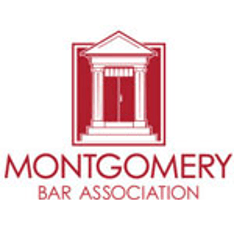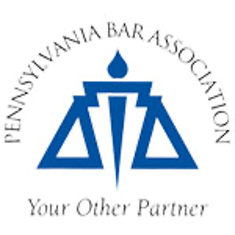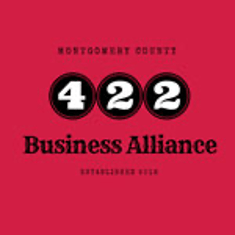This firm recently published two blogs regarding the Federal Trade Commission’s (FTC) nationwide ban on non-compete agreements (Noncompete Rule). The first examined the Noncompete Rule. The second covered a federal court’s temporary order that prohibited the FTC from enforcing the Noncompete Rule. The court will soon issue a final order and other federal cases are pending. This firm will provide continued updates on this issue.
Some state lawmakers, Pennsylvania included, anticipated that the federal courts will block the FTC’s ruling and moved forward with passing legislation to ban certain healthcare provider noncompete agreements.
Background and Significant Details
In August 2023, Pennsylvania State Representative Dan Frankel (D-Allegheny) introduced House Bill 1633 to ban select healthcare noncompete covenants. Twenty-three other house representatives supported the bill. After the house and senate (General Assembly) reviewed and updated the bill, in July 2024, Governor Josh Shapiro signed it into law as The Fair Contracting for Health Care Practitioners Act (Act 74).
The General Assembly determined that:
- Noncompete covenants caused Health Care Practitioners to fear termination and their ability to find employment in their line of work.
- Combined hospital systems are gradually stretching over extensive regions and noncompete covenants could potentially prohibit Health Care Practitioners from practicing outside their original employment setting.
- Noncompete covenants impede the competition that enhance patient services and improve employee dynamics, which ultimately discourage Health Care Practitioners from wanting to practice in Pennsylvania.
The General Assembly also observed that geography, transportation, and practitioner availability frequently governed patient’s access to patient’s access to health care and that rural residents often travel several hours for basic medical care. Seamless care is a fundamental public policy and Pennsylvania cannot risk losing Health Care Practitioners to other states.
Definitions and Conditions Under The Fair Contracting for Health Care Practitioners Act (Act 74)
The Fair Contracting for Health Care Practitioners Act (Act) describes Health Care Practitioners as licensed:
- Medical Doctors
- Osteopathic Physicians
- Registered Nurse Practitioners
- Nurse Anesthetists
- Physician Assistants
The Act applies only to these abovementioned Health Care Practitioners.
The Act defines a noncompete covenant as an agreement between a Health Care Practitioner and employer that hinders the Health Care Practitioner’s capacity to:
- Continue treating patients.
- Independently accept new patients.
- Accept new patients with a competing employer.
The Act considers any covenant or amended noncompete covenant a Health Care Practitioner and employer agree upon after the effective date of January 1, 2025 as contrary to public policy and, thus, void. The employer, therefore, cannot enforce any such agreement.
The Act, however, allows an employer to enforce a non-compete covenant that lasts less than one year, as long as the employer did not terminate the Health Care Practitioner.
Patient Notification Requirements
Within ninety (90) days after a Health Care Practitioner willingly exits employment, the Act requires the employer to notify the patients that the Health Care Practitioner saw within the past year and the patients with whom the departing Health Care Practitioner had an ongoing outpatient relationship for two or more years. The notification must:
- Inform about the Health Care Practitioner's departure.
- Advise that the patient has a right to select a new Health Care Practitioner amongst the employer’s existing Health Care Practitioners.
- Instruct how the patient can transfer their health records should they wish to continue care with another practice or the departing Health Care Practitioner.
The notice does not have to offer any specifics about the departing Health Care Practitioner’s future services.
Recovery of Health Care Practitioner Expenses
The Act allows employers to recover reasonable relocation, training, and patient-based establishment expenses from a freely departing Health Care Practitioner, provided:
- The employer can directly attribute said expenses to the freely departing Healthcare practitioner.
- Said expenses accrued within three years prior to the Health Care Practitioner’s departure.
- The Health Care Practitioner repays said expenses over a five-year period from the departure date.
Act Exclusions
The Act, thus far, does not appear to impact noncompete agreements:
- Approved prior to the effective date of January 1, 2025.
- Concerning the transfer or sale of a business entity in which a Health Care Practitioner holds ownership interest.
However, there are some ambiguities in the language of the Act that may require court interpretation or further legislative clarification. This firm will provide continued updates on this issue.
The Fleischmann Law Firm, PC
The Fleischmann Law Firm specializes in business law and can guide your corporation through these and other rule and notice updates and changes.
Its attorneys partner with you to minimize risk and liability, offer objective and fair assessments, and weigh all circumstances and options. They offer solid recommendations and provide superior representation.
Attorney Craig J. Fleischmann and staff offer over thirty years of experience, integrity, cost-effectiveness, value, and integrity. Contact the Fleischmann Law Firm today.







